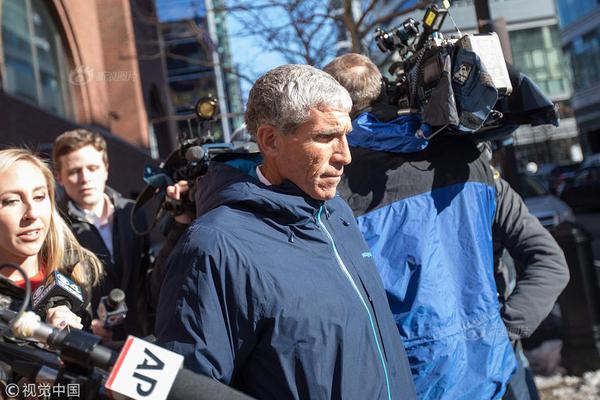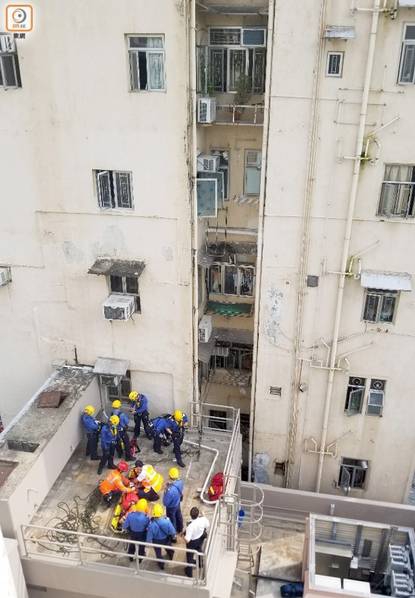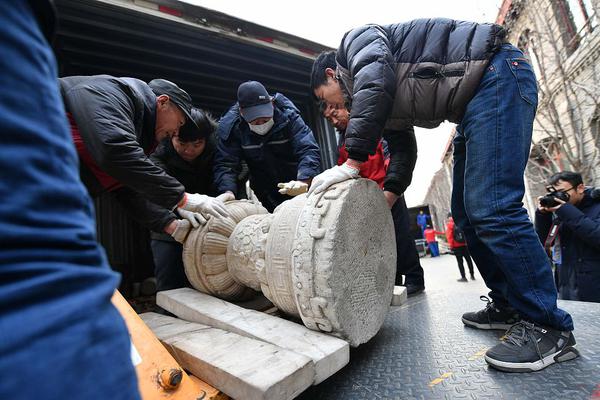Benchmark U.S. crude oil for June delivery rose 76 cents to $83.57 per barrel Thursday. Brent crude for June delivery rose 99 cents to $89.01 per barrel.
Wholesale gasoline for May delivery rose 3 cents to $2.76 a gallon. May heating oil was unchanged at $2.55 a gallon. May natural gas fell 1 cent to $1.64 per 1,000 cubic feet.
Gold for June delivery rose $4.10 to $2,342.50 per ounce. Silver for May delivery was unchanged at $27.35 per ounce, and May copper rose 6 cents to $4.52 per pound.
The dollar rose to 155.61 yen from 155.28 Japanese yen. The euro rose to $1.0727 from $1.0693.


 Related articles
Related articles



 Wonderful introduction
Wonderful introduction



 Popular information
Popular information